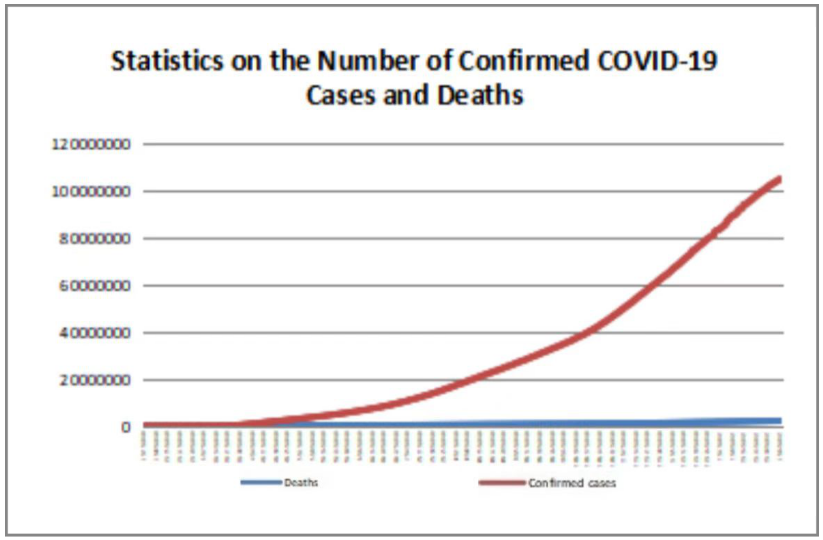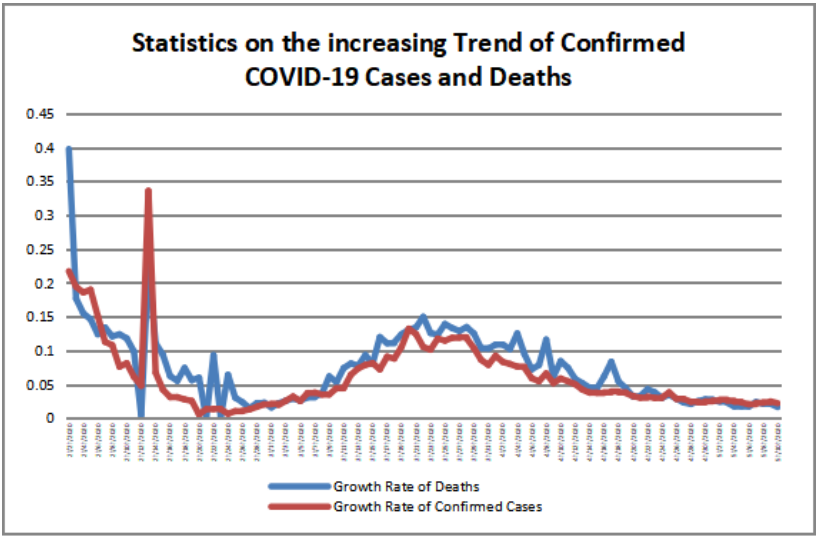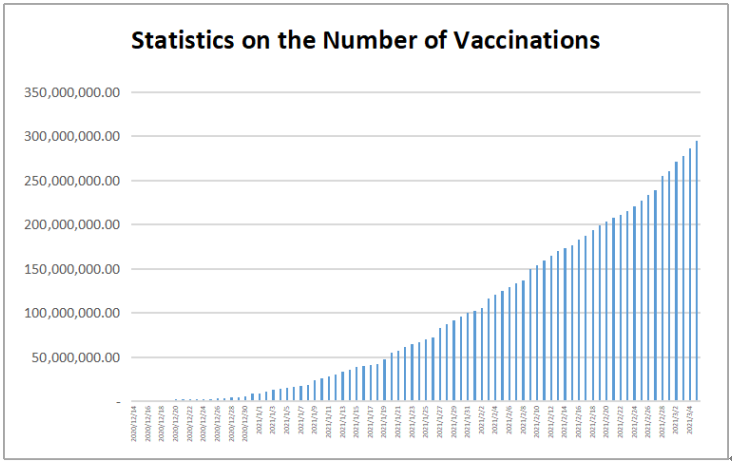WTO Director-General speaks out repeatedly, urging countries to join forces to tackle global trade and economic crisis
Time:2022/06/10 BJT
1. Key concerns
At the World Economic Forum, held from 22 May to 26 May, the Director-General (DG) of the World Trade Organization (WTO), Ngozi Okonjo-Iweala, urged governments and corporate heads to come together through multilateral institutions such as WTO to work together to address the multiple crises facing the global economy and world trade.
During the World Economic Forum in Davos, DG Ngozi Okonjo-Iweala met with heads of state, prime ministers, senior officials, corporate heads, academics, journalists and others during her Davos stay, and had in-depth discussions of the Russia-Ukraine conflict, growing food insecurity, the COVID-19 pandemic, climate change, supply chain disruptions and its impact on global economics.
At the World Economic Forum, the DG underlined the important role and potential that the WTO can play in helping to tackle pressing issues such as growing food insecurity, the COVID-19 pandemic, climate change, and dwindling fisheries resources.
The DG said that a theme common to all the major crises facing the world today is that of the global commons, and the fact that no single country can resolve these challenges on its own. Without global solidarity, the world economy will continue to lack resilience. The DG reminded participants that world leaders created a set of institutions after the Second World War based on the idea of solidifying international interdependence and solidarity and using these institutions to help solve problems of the global commons. The Director-General emphasized the important and potential value of the WTO in addressing global economic challenges and expressed the need for appropriate reform of relevant international organizations, including the WTO to address these growing challenges.
On the sidelines of the Economic Forum, the Director-General also held dedicated discussions with the EU Trade Commissioner and the Indian Commerce Minister on trade challenges. During the discussion, the Director-General noted that at the upcoming 12th Ministerial Conference (MC12), WTO members will negotiate on key issues such as the COVID-19 pandemic, the fisheries subsidies agreement and food security issues.
The DG said that although it is difficult to reach agreement on the above-mentioned major issues at the multilateral level, which has long plagued the WTO in practice, countries (regions) should not take the multilateral communication mechanism lightly, but should instead explore reform strategies and "find a way forward" to reach agreement on key issues. At the same time, she believes that climate change, food security, the COVID-19 pandemic, international security and other key issues are interlinked and in the global commons, so countries (regions) should not leave out any issue and should promote simultaneous responses and solutions to these issues.
Furthermore, the DG reiterated her call for a global carbon pricing mechanism involving developing countries to assuage fears of “green protectionism” and said the WTO would be the proper forum for such discussions given its broad and diverse membership.
2.Briefing on COVID-19 Pandemic(Issue No.194)
According to WHO statistics, calculated numbers of confirmed COVID-19 cases and deaths reached 526,558,033 and 6,287,117 by May 31, 2022. The US, Australia, Japan, Portugal and Germany are the five countries (regions) with the highest number of new confirmed cases in the past seven days. The US, Russia, Italy, Brazil and Australia are the five countries (regions) with the highest number of new deaths in the past seven days.


https://covid19.who.int/
The World Health Organization (WHO) announced that it will support the Democratic People's Republic of Korea (DPRK)'s response to the COVID-19 pandemic outbreak by providing technical support, essential medicines and a COVID-19 vaccine, and advice on public health and social measures. According to Our World In Data, an Oxford University online research site, the total number of doses of the global the COVID-19 pandemic vaccine had reached 11,828,069,280 by May 30, 2022. On May 16, 2022, WHO expressed its concern regarding the COVID-19 pandemic outbreak of the DPRK, reiterating its commitment to support the country's response to the pandemic. The WHO's Regional Director for Southeast Asia said the WHO is concerned and ready to support the government and people of the DPRK in responding to the COVID-19 outbreak and saving the lives of the DPRK people. At the press conference, the Regional Director reiterated WHO's commitment to provide possible technical support to its Member States to scale up testing, strengthen case management, implement context-specific public health and social measures, and provide essential medical supplies and medicines. Currently, WHO is still waiting for the International Health Regulations (IHR) counterpart country authorities to provide it with more detailed information on the outbreak. WHO believes that since the DPRK has not yet started organizing vaccinations against COVID-19, there is a risk of rapid spread of COVID-19 virus among the population unless appropriate measures are taken immediately to contain it. In this regard, it will support the DPRK in working with partner organizations including the UN Children’s Fund (UNICEF) and the Global Alliance for Vaccines and Immunisation (GAVI) to develop a deployment plan for the COVID-19 vaccine to facilitate faster and easier access to the vaccine.

https://ourworldindata.org/covid-vaccinations
In terms of the measures taken by various countries (regions) in response to the COVID-19 pandemic outbreak, the recent measures taken by various countries (regions) vary in width and severity, with most countries (regions) gradually relaxing the original outbreak control measures at different levels or making new policy arrangements for the COVID-19 pandemic outbreak. In the Americas, the US authorities recently announced that since May 30, for those returning to the U.S., the authority will no longer require their nucleic acid testing for the COVID-19 pandemic 7 days in advance, cancel the IGM serologic test, and restore the requirement on the previous dual nucleic acid test within 48 hours. They are only required the nucleic acid testing for the COVID-19 pandemic at two different institutions to apply to the embassy for a green code to return home. According to the decision previously announced by the Brazilian government, the country officially ended the public health emergency of the COVID-19 virus outbreak on May 22, the related financial allocations, raw material procurement rules and special policies on human resources were terminated immediately, and more than 20 decrees related to the pandemic have been withdrawn at the same time. In Europe, Italy announced that, as of June 1, visitors to Italy will no longer be required to present a "green pass," meaning that all visitors to Italy will be able to enter the country without restrictions. On May 25, the Norwegian government has announced that it has submitted a bill highlighting that people who are to be deported under the Norwegian Immigration Act, the Extradition Act or the Arrest Warrant Act may be required to be tested for the COVID-19 to determine whether they have been infected. It is known that most countries did not previously require testing for the COVID-19 for deported foreigners. In Asia, according to a May 31 report by the Japan Broadcasting Association (NHK), Japan's Ministry of Health, Labour and Welfare held an expert group meeting on May 30 and basically confirmed that it will approve the use of a COVID-19 vaccine developed by Janssen Pharmaceuticals, a subsidiary of Johnson & Johnson, but said it will not use Johnson & Johnson's COVID-19 vaccine as a free public vaccination for the time being. According to an announcement in Thailand's Royal Gazette, starting June 1, inbound foreign travelers who have not received the COVID-19 vaccine or have partially received the COVID-19 vaccine may undergo a rapid COVID-19 antigen or RT-PCR negative test within 72 hours of departure. In addition, domestic travelers will no longer be required to register for a Thailand Pass, but foreign travelers will still be required to register and must also provide health insurance with a coverage of $10,000.


